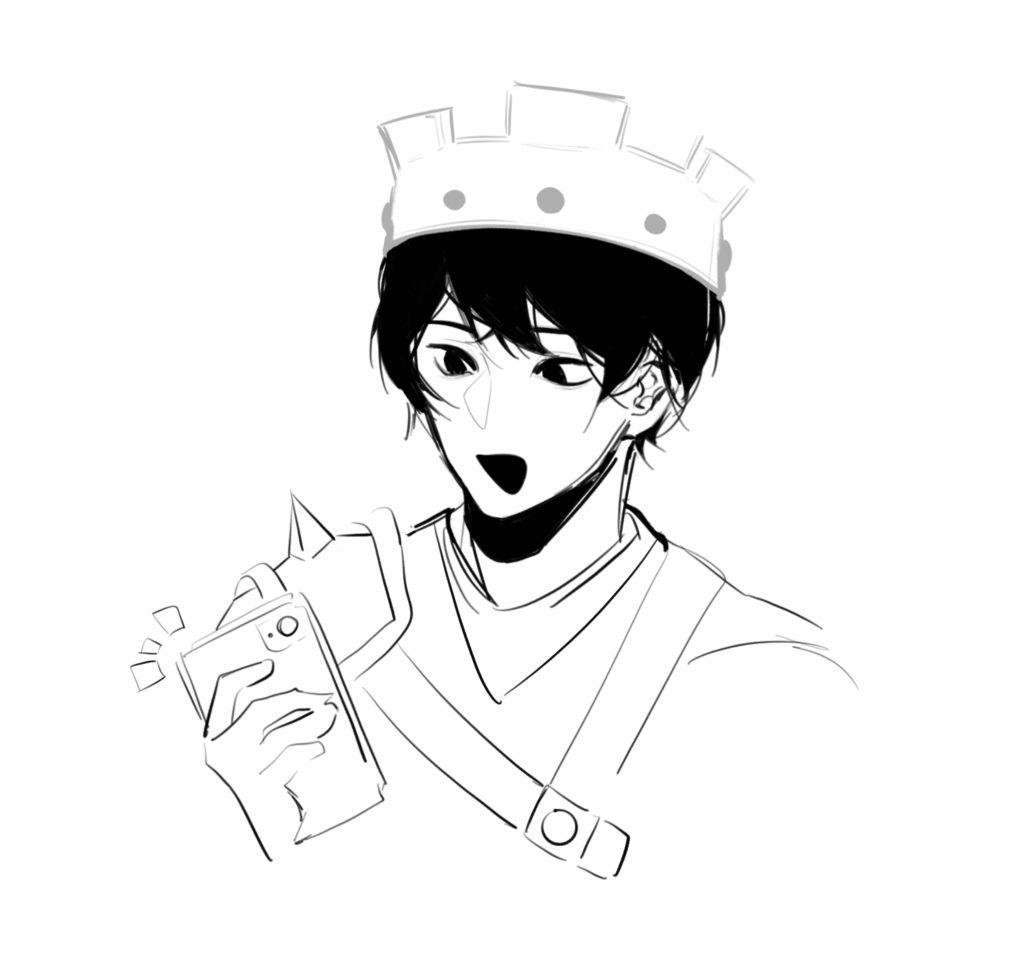In the corner of my mom’s old phone screen, there used to be an app folder titled “My Games,” containing all the games I played in my childhood. Those games kept me occupied at the airport while waiting for a delayed flight, during boring car rides on road trips to Los Angeles and in the waiting room before my dentist appointments.
First up in the folder was “Clash of Clans,” a game I played in elementary school. It was the popular game at the time, involving a fun but simple base-building framework, where players would create a base, slowly upgrade existing buildings and add new ones to their existing foundation. In fact, your “popularity” depended on what level your town hall was at, or how far you progressed in the game.
One of my core childhood memories was waking up early in the morning to check if my town hall or other key buildings had finished upgrading. I always felt a rush when my town hall upgraded, as it meant that I was making a big progression towards strengthening my base.
Playing the game collaboratively with others added to the fun. I got to join a “clan” — essentially an alliance — with my friends, and importantly, it added a group chat feature for me to talk with my friends outside of school before I had access to other messaging services. It was an essential part of keeping friendships going after school hours
At other times, I would load up another addictive yet charming game: “Cut the Rope.” Its premise was to cut ropes and feed a monster.
In each level, a candy would be strung up, sometimes with multiple ropes, and my job was to cut the ropes correctly for the candy to fall into a hungry little monster’s gaping jaws. To pass the level, I had to make the right cuts within the limited amount, while also avoiding small obstacles and collecting coins.
Though it sounds simple, the game gets very hard very fast. As I plowed through higher levels, it soon became an intriguing puzzle game that could keep me entertained for hours.
During my elementary school’s Fun Fridays, where we got a free afternoon to do anything we wanted, I would also log onto a laptop or PC to play online games. I most often visited CoolMathGames, a website full of free, mini logic games online.
I particularly enjoyed playing “Diggy,” a fan favorite during Fun Fridays, where you had to dig around for resources to upgrade your gear and continue digging as deep as possible. I loved the satisfaction of the smooth digging visuals and the satisfying incremental progression of upgrading your gear. My friends and I would always crowd around a single monitor and take turns playing, with each person getting a few minutes on the PC before another took their place.
Besides just entertainment, many of these games impacted me further beyond just being a fun pastime.
“Clash of Clans” taught me the importance of consistency and patience, since it would often take days to upgrade a single building. “Cut the Rope” placed a big emphasis on problem solving, improving my puzzle-solving capabilities. Finally, Diggy emphasized the value of continual improvement.
In fact, I have continued playing some of these childhood games to this day — the main one being “Clash of Clans,” where I still work on progressing my base.
Even after all these years, however, there is no end in sight to the game. It seems that this test of patience and consistency will continue, potentially beyond my elementary, middle and high school journeys.

























